The International Cricket Council (ICC) is actively exploring a two-tier Test cricket system, which, if implemented, would likely begin with the 2027-2029 World Test Championship (WTC) cycle. According to recent reports, Pakistan is likely to be placed in the second division of this proposed two-tieRead more
The International Cricket Council (ICC) is actively exploring a two-tier Test cricket system, which, if implemented, would likely begin with the 2027-2029 World Test Championship (WTC) cycle.
According to recent reports, Pakistan is likely to be placed in the second division of this proposed two-tier system.
Here’s a breakdown of the proposed structure:
* Two Divisions: The system would feature two divisions, each consisting of six teams.
* First Division (Likely teams): South Africa, Australia, India, England, New Zealand, and Sri Lanka. These are generally considered the top-ranked sides.
* Second Division (Likely teams): Pakistan, Bangladesh, West Indies, Afghanistan, Zimbabwe, and Ireland. The latter three (Afghanistan, Zimbabwe, and Ireland) are expected to be added to the expanded WTC format if this proposal goes through.
This proposal is currently being reviewed by an eight-member working group formed by the ICC, with recommendations expected by the end of 2025. If approved, it would mark a significant change in Test cricket’s structure, including a promotion and relegation mechanism between the divisions.

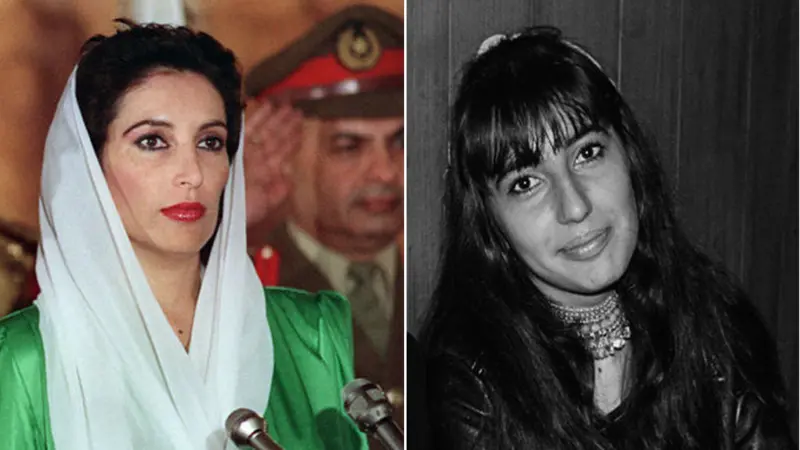

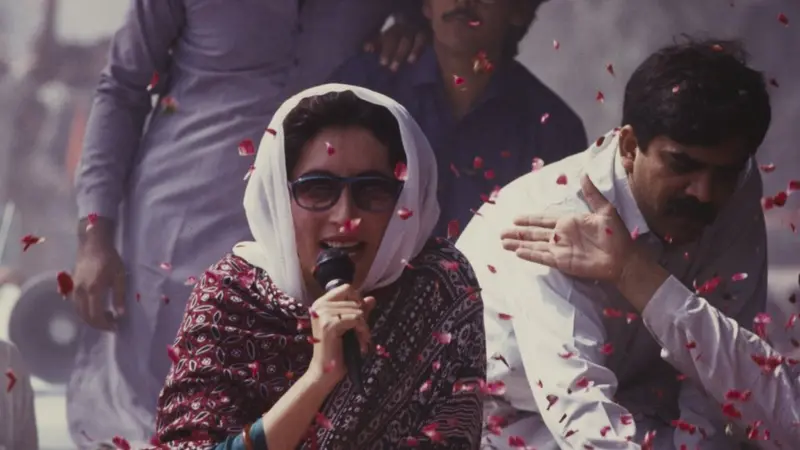
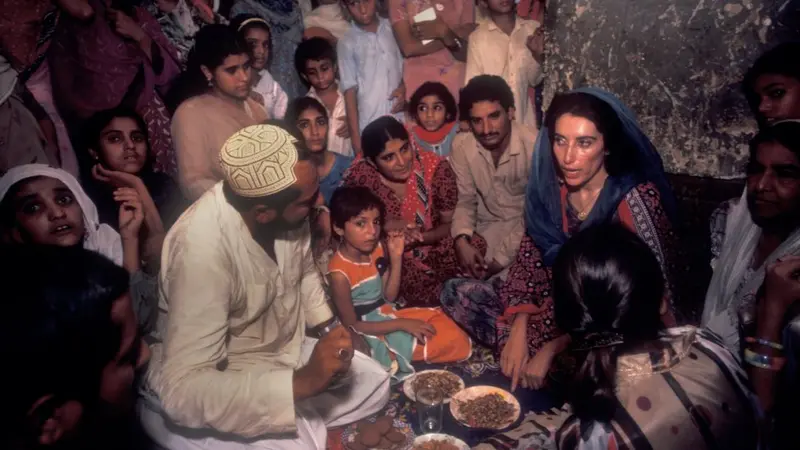
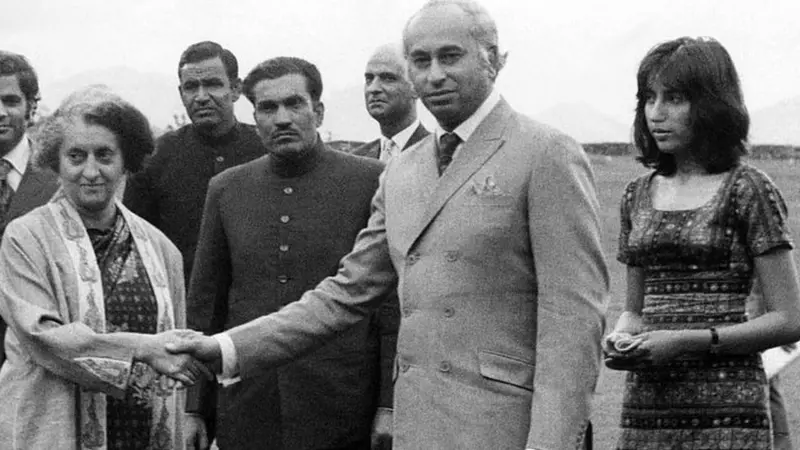
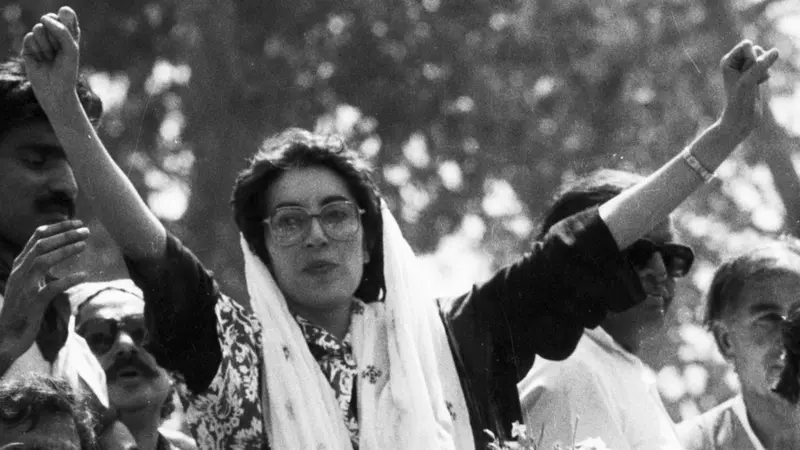
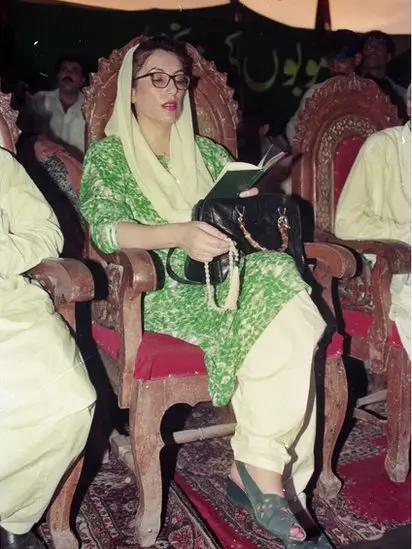
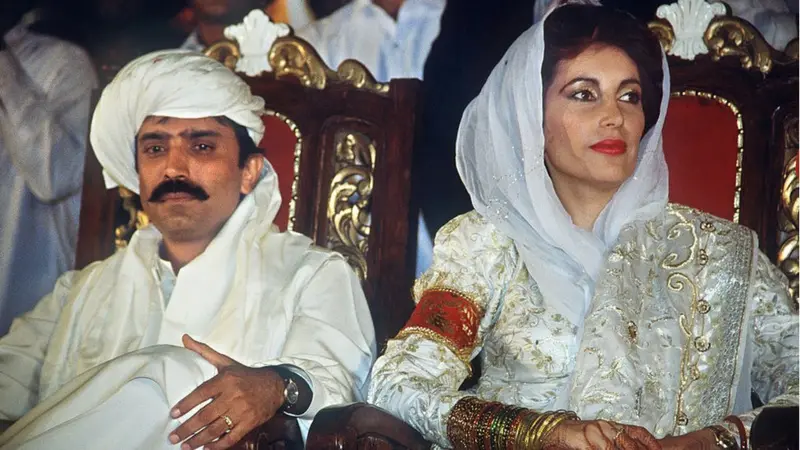
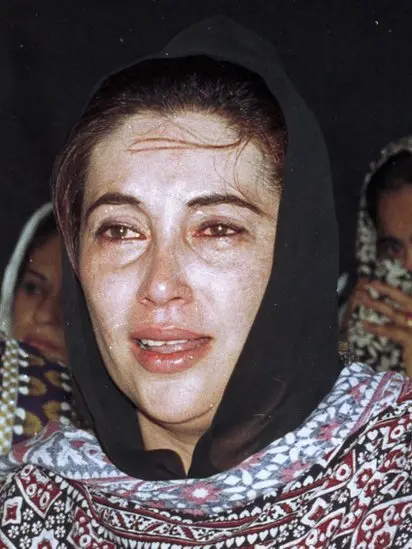
Yes, several political parties have been banned in Pakistan's history, often during periods of military rule or intense political crackdowns by civilian governments. This has been a recurring feature of Pakistan's tumultuous political landscape. Here are some notable examples: Communist Party of PakRead more
Yes, several political parties have been banned in Pakistan’s history, often during periods of military rule or intense political crackdowns by civilian governments. This has been a recurring feature of Pakistan’s tumultuous political landscape.
Here are some notable examples:
The banning of political parties in Pakistan has often been a tool used by powerful establishments, particularly military dictatorships, to suppress political opposition and consolidate power. These actions frequently lead to challenges to democratic norms and human rights concerns.
See less